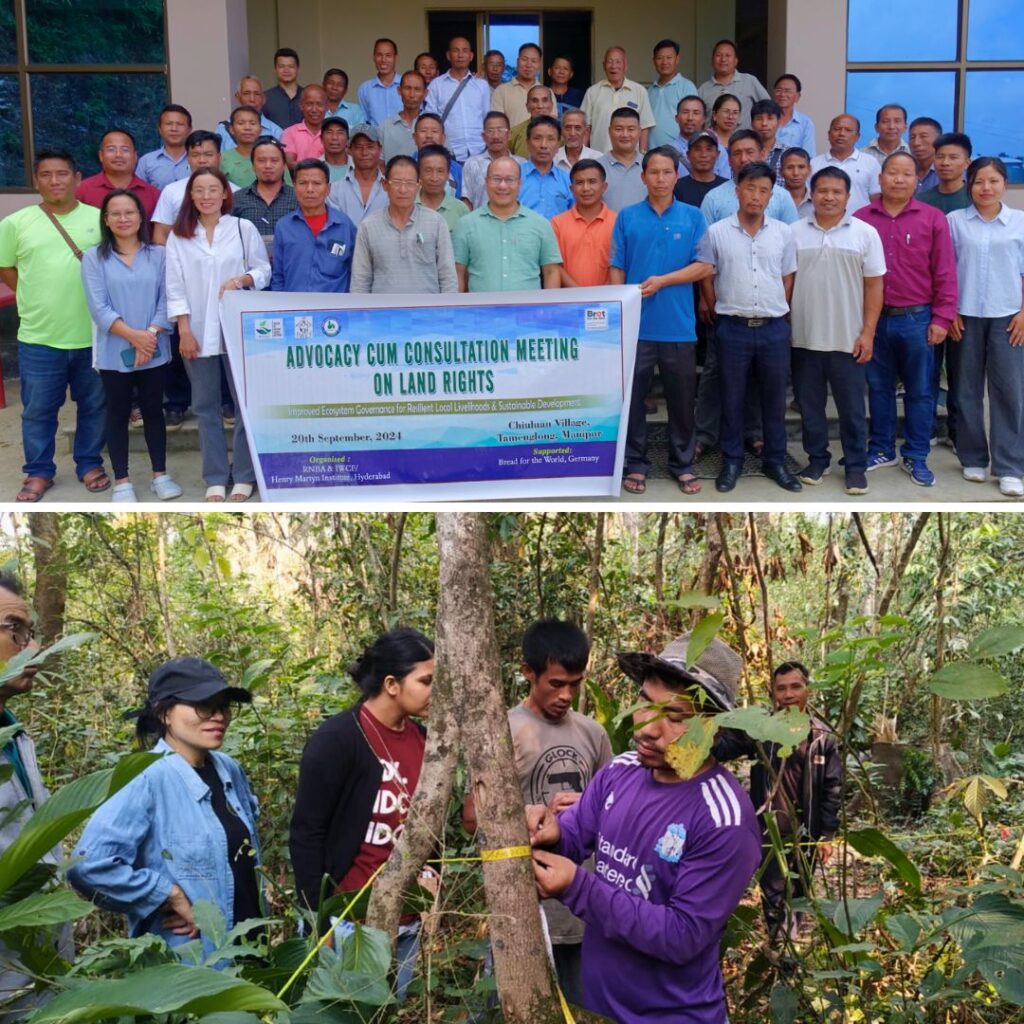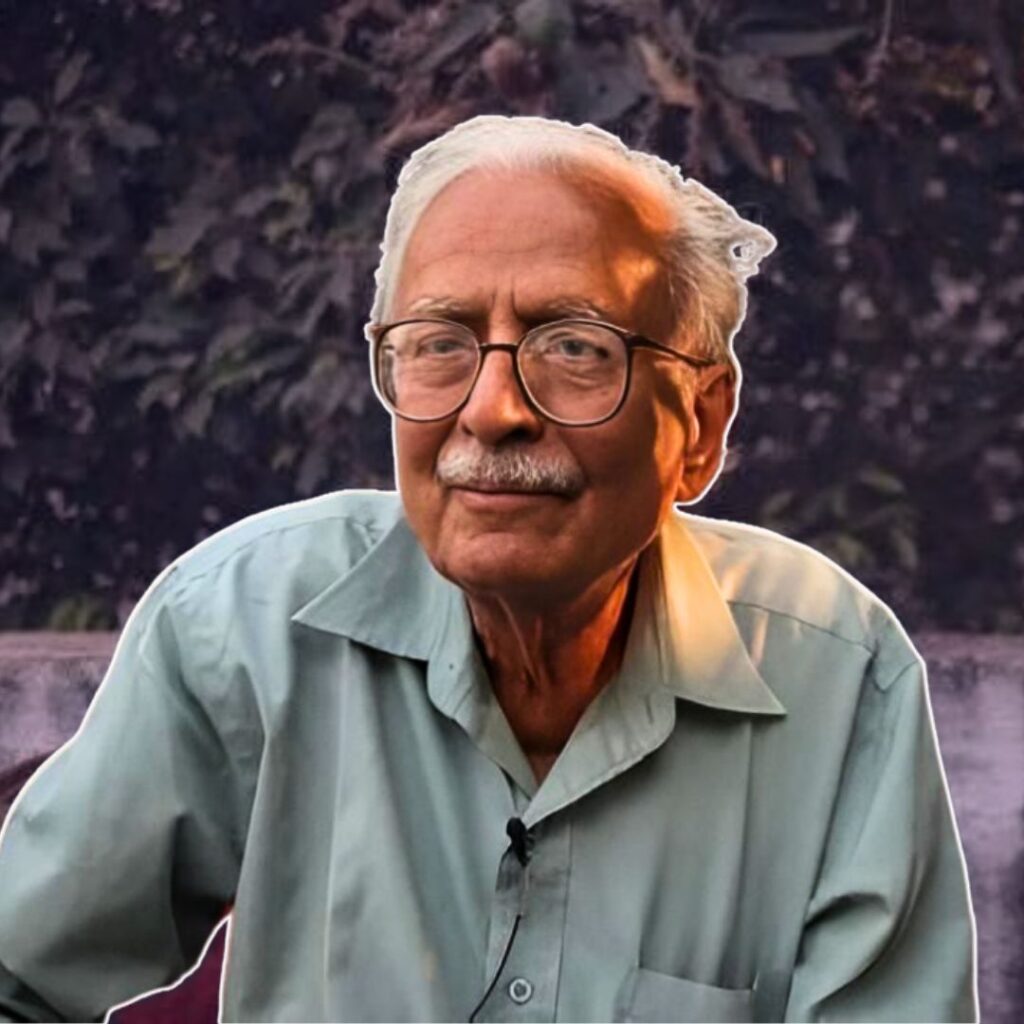Ahead of the postponed Olympic Games in 2021, Tokyo will open Pride House, Japan’s first permanent such centre, in October to raise awareness of LGBTQ rights before and during the Games.
While there have been similar initiatives in previous Games, Pride House Tokyo Legacy is the first to get official International Olympic Committee backing, the organisers said. The Pride House will open on October 11, on the occasion of the International Coming Out Day.
‘Pride House Tokyo aims to raise awareness of LGBTQ issues through the creation of hospitality spaces, hosting of events, and production of diverse content, while taking advantage of the opportunities available during the Tokyo 2020 Summer Olympics and Paralympics and working across corporate, individual activists and organizational sectors,’ Pride House Tokyo said in a statement on Monday.
The facility will have ave books and materials on lesbian, gay, bisexual, and transgender people along with a space for counselling.
The Centre will be set up in Tokyo’s Shinjuku ward. The first such Pride House was launched for the Vancouver Winter Olympics and Paralympics in 2010 by local nonprofit organizations. It was set up in an effort to promote a better understanding of sexual minorities in sports.
Since then, several such centres have often been set up in host cities for the Olympics and other international sporting events. However, the Pride House Tokyo is the first such initiative to be officially recognized by the Olympic and Paralympic Games.
‘Pride House Tokyo Legacy brings together 35 NPOs and activists, 14 corporations, and 19 embassies in Tokyo, many athletes and sports professionals, to create a safe and secure place to broadcast information on and by the LGBTQ community,’ the statement said.
‘The center will be designed as multipurpose space capable of hosting a variety of online and offline events. It will also include space for individual consultations and a library to house Japan’s first ‘LGBTQ Community Archives’,’ it added.
Traditionally, most nations that compete at the Olympics set up a hospitality ‘house’ to promote their country and hold parties for winning athletes.
While the Pride House Tokyo was set to open from 2021, they changed their plans based on ‘the results of our survey ‘LGBTQ Youth TODAY’ which was conducted early on in the coronavirus pandemic and identified the need for a safe way for people to come together regardless of sexual orientation or gender identity. This need is particularly relevant as we look to live with the pandemic in the mid to long term.’
‘We decided to open it earlier after some people told us ‘It’s tough to spend time inside the house with a family who have no understanding. We want to make this a place for those young people,’ Gon Matsunaka, head of the Pride House Tokyo Consortium comprised of individuals, companies and nonprofit groups, was quoted as saying by Kyodo News, a Japanese News Agency.
Talking to Reuters, Matsunaka said that Japan lags behind many other countries in terms of LGBTQ rights.
‘Many people might think that Japan is a human rights defender, but actually there are no laws to protect LGBTQ people. Society is filled with prejudice, discrimination and harassment towards LGBTQ community,’ Matsunaka said.
‘While we have to change the sports arena, we also hope Pride House Legacy can help change society as a whole as well,’ Matsunaka added.
In Japan, gay marriage is still illegal. While about two dozen cities, towns and wards issue same-sex partnership certificates, they lack legal standing and prejudice persists.
‘Even now looking around, there are few LGBTQ athletes that live their lives openly and that is the reality here in Japan,’ Fumino Sugiyama, a former fencer for the Japanese national team who now identifies as a man said, stating how little has changed in 15 years since retiring from professional sport.
The Pride House Tokyo is recognized as an official Tokyo Games program and will remain as an LGBT centre post the Games.
Meanwhile, International Olympic Committee vice-president John Coates on Monday, September 7 said that the Tokyo Olympics will go ahead next year regardless of the COVID-19 pandemic.
‘It will take place with or without COVID. The Games will start on July 23 next year,’ Coates, who heads the IOC’s Coordination Commission for the Tokyo Games,’ told news agency AFP.
‘The Games were going to be, their theme, the Reconstruction Games after the devastation of the tsunami. Now very much these will be the Games that conquered COVID, the light at the end of the tunnel,’ Coates said referring to the 2011 earthquake and tsunami in northeastern Japan.
While the Olympics was originally scheduled to start in July 2020, it was postponed due to the COVID-19 pandemic. The IOC had earlier announced that the Games won’t be delayed beyond 2021. However, amid the pandemic, Japan’s borders continue to remain largely closed to foreign visitors. As a vaccine is months or years away, speculations have risen on…











